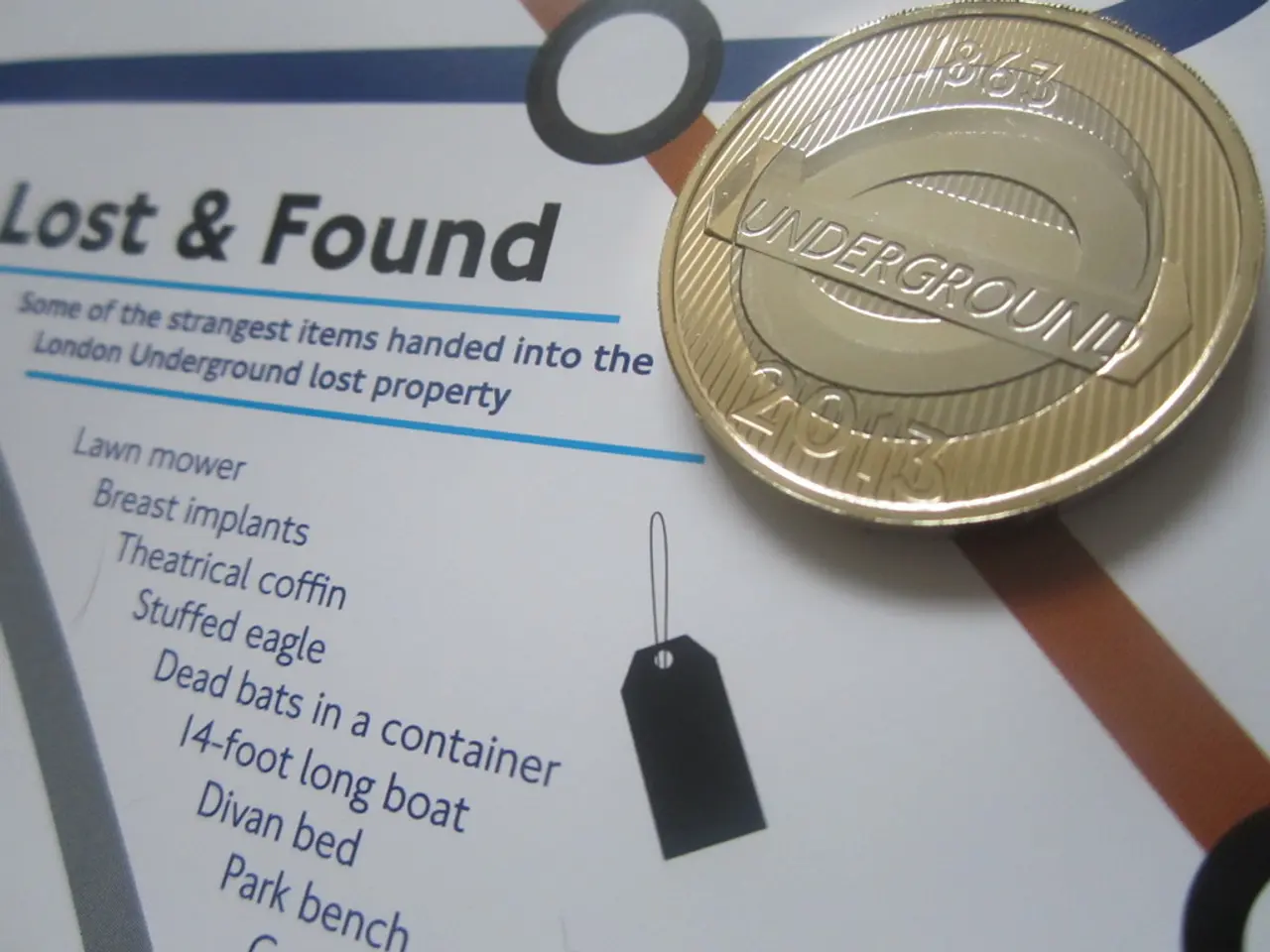Greece's Initial Cryptocurrency Seizure Raises Concerns over Shibarium's Safety Measures
In a significant breakthrough, Greek authorities have successfully seized a portion of the $1.5 billion worth of cryptocurrency stolen from Dubai-based cryptocurrency exchange Bybit in February 2025. This marks the country's first-ever cryptocurrency seizure and a landmark in the global fight against crypto-related crime.
The seizure was facilitated by the Hellenic Anti-Money Laundering Authority, who froze the digital assets in question. The exact amount recovered has not been disclosed, but the operation demonstrates that even highly sophisticated laundering schemes can be disrupted with the right tools and expertise.
The success of this operation is attributed to the use of advanced blockchain forensics tools, such as Chainalysis Reactor. These platforms leverage the blockchain's transparent and permanent ledger to trace the movement of stolen funds across wallets, exchanges, and complex obfuscation techniques. The Hellenic Anti-Money Laundering Authority's success was directly tied to their strategic investment in Chainalysis Reactor in 2023, combined with specialized training for investigators.
Key aspects of the process include transaction tracing, pattern recognition, international collaboration, and asset freezing. Every crypto transaction leaves a digital trail that can be analyzed to follow the movement of funds, even after multiple hops and conversions between different cryptocurrencies. Sophisticated algorithms detect suspicious activity, such as rapid movement of large sums or interaction with known laundering services, triggering further investigation. Effective asset recovery requires cooperation across jurisdictions, as crypto crime is inherently cross-border. Information sharing between law enforcement agencies and blockchain analysts is critical. Once funds are traced and sufficient evidence is gathered, authorities can work with exchanges and custodians to freeze and potentially seize assets linked to criminal activity.
The Bybit case underscores both the vulnerabilities of even highly secure platforms and the growing capability of law enforcement to combat crypto crime using advanced forensics. However, challenges remain: laundering techniques are constantly evolving, and only a fraction of stolen crypto is typically recovered. The success in Greece is a notable exception rather than the rule, highlighting the importance of continued investment in technology, training, and international legal frameworks.
As the digital asset space continues to expand, striking a balance between privacy and proactive safeguards will be essential for decentralized systems seeking both resilience and legitimacy. The growing ability to trace stolen assets marks a shift in the balance between anonymity and accountability in the digital asset space. Advanced blockchain analytics tools, such as those provided by Chainalysis, are playing a crucial role in enabling governments to trace stolen digital assets, even in complex laundering schemes.
The recent seizure in Greece serves as a reminder of the ongoing efforts required to combat crypto-related crime and maintain trust in decentralized systems. As these systems continue to scale and innovate, there is increasing interest in whether blockchain protocols can adopt compliance or risk-monitoring tools without compromising decentralization. In this evolving landscape, the ability to anticipate future threats and align privacy with proactive safeguards will be crucial for the long-term utility of decentralized systems.
[1] CoinDesk. (2025). Bybit Hack: What We Know So Far. [online] Available at: https://www.coindesk.com/bybit-hack-what-we-know-so-far [2] The Block. (2025). Bybit Hack: What We Know So Far. [online] Available at: https://www.theblockcrypto.com/post/104864/bybit-hack-what-we-know-so-far [3] Chainalysis. (2025). Bybit Hack: Greece Makes First Crypto Seizure. [online] Available at: https://blog.chainalysis.com/reports/bybit-hack-greece-makes-first-crypto-seizure [5] Reuters. (2025). Greece Seizes Cryptocurrency Linked to Bybit Hack. [online] Available at: https://www.reuters.com/business/finance/greece-seizes-cryptocurrency-linked-bybit-hack-2025-04-01/ [6] Decrypt. (2025). Bybit Hack: $1.5 Billion Stolen, Likely Linked to North Korea's Lazarus Group. [online] Available at: https://decrypt.co/90197/bybit-hack-1-5-billion-stolen-likely-linked-to-north-koreas-lazarus-group
- The success of the crypto seizure in Greece was facilitated by the strategic investment in advanced blockchain forensics tools, such as Chainalysis Reactor, and specialized training for investigators.
- key aspects of the crypto seizure process include transaction tracing, pattern recognition, international collaboration, and asset freezing, which are crucial for effective asset recovery in complex laundering schemes.
- As the digital asset space continues to expand, balancing privacy with proactive safeguards for decentralized systems will be essential, with advanced blockchain analytics tools like those provided by Chainalysis playing a crucial role in maintaining trust in these systems.



